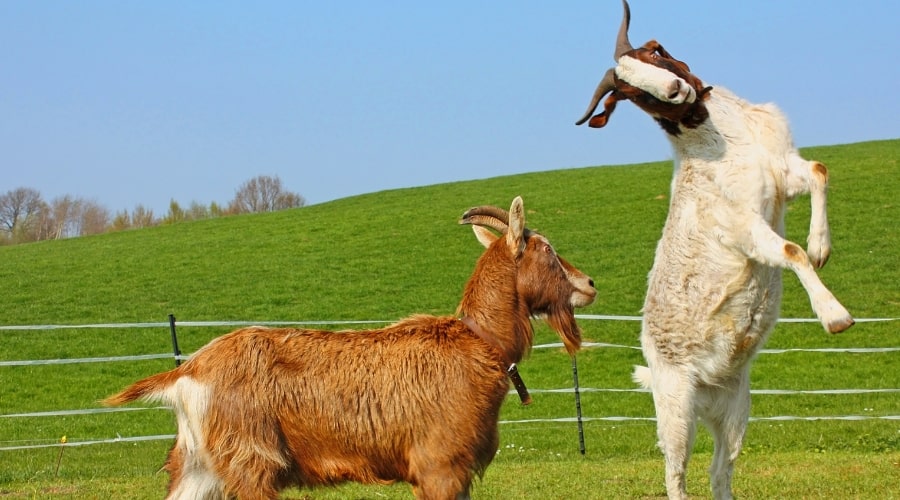Raising goats for dairy products offers opportunities to enter the commercial dairy market with manageable investments and space requirements. Goat milk is used for a variety of high-value products, including cheese, yogurt, and soap. Focusing on commercial dairy goat products can be a profitable venture with proper planning and management.
Selecting the Right Dairy Goat Breed
Choosing the right breed is essential for dairy production. Breeds like Saanen, Nubian, and Alpine are popular for their high milk yield and quality. Toggenburg and LaMancha are also reliable breeds for commercial milk production.
Consider the milk's fat content when selecting a breed. Nubians produce milk with high butterfat, which is ideal for cheese and yogurt. Saanens produce more milk with lower fat content, suitable for liquid milk markets.
Start with a small herd to reduce initial costs. Source healthy goats from reputable breeders to ensure high productivity. Look for goats with well-formed udders and a history of consistent milk production.
Setting Up a Dairy Goat Farm
Provide proper housing to keep goats healthy and productive. Ensure their shelter is clean, dry, and well-ventilated. Space requirements vary by breed, but each goat generally needs at least 15 square feet of indoor space.
Install secure fencing to prevent escapes and protect goats from predators. Use woven wire or electric fencing for added security. Divide pastures into rotational grazing areas to optimize forage use and maintain pasture health.
Set up a dedicated milking area to maintain hygiene. Equip it with milking stands and storage facilities for milk. Use stainless steel containers to prevent contamination and preserve milk quality.
Feeding and Nutrition
Goats need a balanced diet to produce high-quality milk. Provide access to fresh forage, including grass and legumes, for most of their diet. Supplement with grains, especially during lactation, to meet their energy needs.
Include mineral supplements, particularly calcium and phosphorus, to support milk production. Always provide clean, fresh water, as hydration is critical for lactating goats. During peak lactation, goats may require up to 10 liters of water daily [TO BE VERIFIED].
Monitor body condition regularly to ensure goats are neither underfed nor overweight. Adjust feeding plans based on lactation stages and seasonal forage availability.
Producing High-Value Dairy Products
Goat milk is versatile and can be transformed into a range of commercial products. Cheese, such as chèvre and feta, is one of the most popular options. Goat milk yogurt is another high-demand product due to its digestibility and unique taste.
Invest in small-scale dairy processing equipment to add value to your milk. This includes pasteurizers, cheese presses, and yogurt incubators. Follow local health regulations for milk handling and processing to ensure product safety.
Goat milk soap and lotion are niche products that fetch premium prices in specialty markets. Learn the basics of soap making and experiment with adding fragrances or natural additives.
Marketing and Selling Dairy Goat Products
Identify your target market before starting production. Local farmers' markets, grocery stores, and specialty shops are great places to sell goat milk products. Create a brand that highlights the quality and uniqueness of your offerings.
Promote your products as natural and sustainable to attract health-conscious consumers. Use social media and local advertising to build awareness and connect with potential customers.
Offer samples to introduce new customers to goat milk products. Educating consumers about the health benefits of goat milk can help build a loyal customer base.
Checklist for Starting a Commercial Dairy Goat Farm
- Choose high-yield dairy goat breeds like Saanen or Nubian.
- Set up clean, secure housing with proper fencing.
- Provide a balanced diet with fresh forage and grain supplements.
- Establish a hygienic milking area with proper storage facilities.
- Explore processing options for cheese, yogurt, or soap.
- Develop a marketing plan to promote your products.
By focusing on the right breeds, nutrition, and marketing strategies, you can build a profitable commercial dairy goat business. Proper care and attention to quality ensure success in this growing market.


